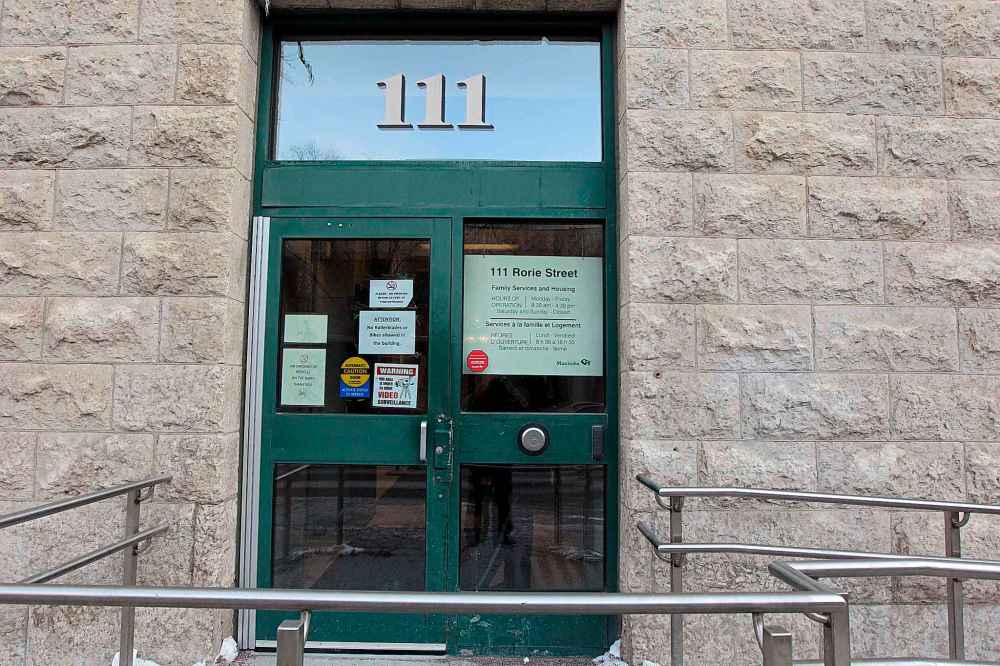Denial is never the best response
Read this article for free:
or
Already have an account? Log in here »
To continue reading, please subscribe:
Monthly Digital Subscription
$1 per week for 24 weeks*
- Enjoy unlimited reading on winnipegfreepress.com
- Read the E-Edition, our digital replica newspaper
- Access News Break, our award-winning app
- Play interactive puzzles
*Billed as $4 plus GST every four weeks. Offer only available to new and qualified returning subscribers. Cancel any time.
Read unlimited articles for free today:
or
Already have an account? Log in here »
Hey there, time traveller!
This article was published 18/01/2019 (2205 days ago), so information in it may no longer be current.
It’s often said that the most common reaction to the onset of a heart attack is denial. Whatever the motivation for not recognizing the symptoms — fear, disbelief, misplaced (mostly male) vanity — the consequences can be tragic.
It’s always better to take the warning signs seriously, seek expert intervention and take action to avert a worst-case outcome.
Such a proactive approach to problem-solving can also be beneficial in the political world. And in the political world, as in the cardiac-care realm, denial is never a productive first option.
Unfortunately, Manitoba’s provincial government has shown a tendency of late to opt for disbelief and deflection when bad news rears its head. At least twice this week, individuals representing the ruling Progressive Conservatives have made public statements whose sole intent seems to be putting distance between the current government and an issue of critical public interest.

First came recent comments by Justice Minister Cliff Cullen, in response to the opposition New Democrats’ release of a report suggesting harm-reduction strategies to combat Manitoba’s increasingly urgent addictions crisis. The document recommended several immediate actions, including the establishment of safe-injection sites for intravenous drug users — a strategy the Pallister government has continually rejected.
The justice minister, in responding to NDP Leader Wab Kinew’s statement about the report, levelled the baseless suggestion that “Wab Kinew wants to tell kids it’s OK to do meth and other illicit drugs.” Mr. Cullen followed that with the declaration that he has “raised three boys to adulthood and I’m proud to say that I told them never to use illicit drugs — and they haven’t… The message is quite simple: don’t use drugs.”
Introducing a positive personal anecdote as evidence that abstinence messages are effective is a disturbing denial — of the seriousness of Manitoba’s addiction crisis, and of the heartbreak and anguish experienced by so many who have worked just as hard at parenting as Mr. Cullen, but have seen their “Just say no” pleas fall on deaf ears with family-destroying consequences.
Earlier this week, the Free Press reported that staff at the provincial employment and income assistance (EIA) office on Rorie Street have faced increased violence and abuse, including stalking and death threats, since the government-ordered consolidation of that office and a since-shuttered facility on Main Street.
A provincial spokesperson flatly dismissed the concern raised in the story: “The information provided to you about the number and severity of incidents at this EIA office is inaccurate. Serious incidents are rare and there hasn’t been one in more than a year.”
The denial so enraged one of the office’s employees that they felt compelled to rebut the official government line: “What she said was totally and entirely false. There are safety concerns. They’re not being dealt with. It’s getting worse.” The province’s response was to temporarily increase security, and to remind staff of their obligations (presumably, regarding speaking to media) under civil service social-media guidelines and the employee code of conduct.

In each case, the emphasis seems to have been on sticking to talking points rather than directly addressing legitimate concerns.
Offhand dismissals of this nature accomplish nothing. Like chest pains and left-arm numbness, the underlying issues are unlikely to go away on their own. And like the unfortunate individual who rejects the urgent signs of a cardiac crisis, governments that seek to deny, for the purpose of political gainsaying, the realities that confront them do so at their peril.











